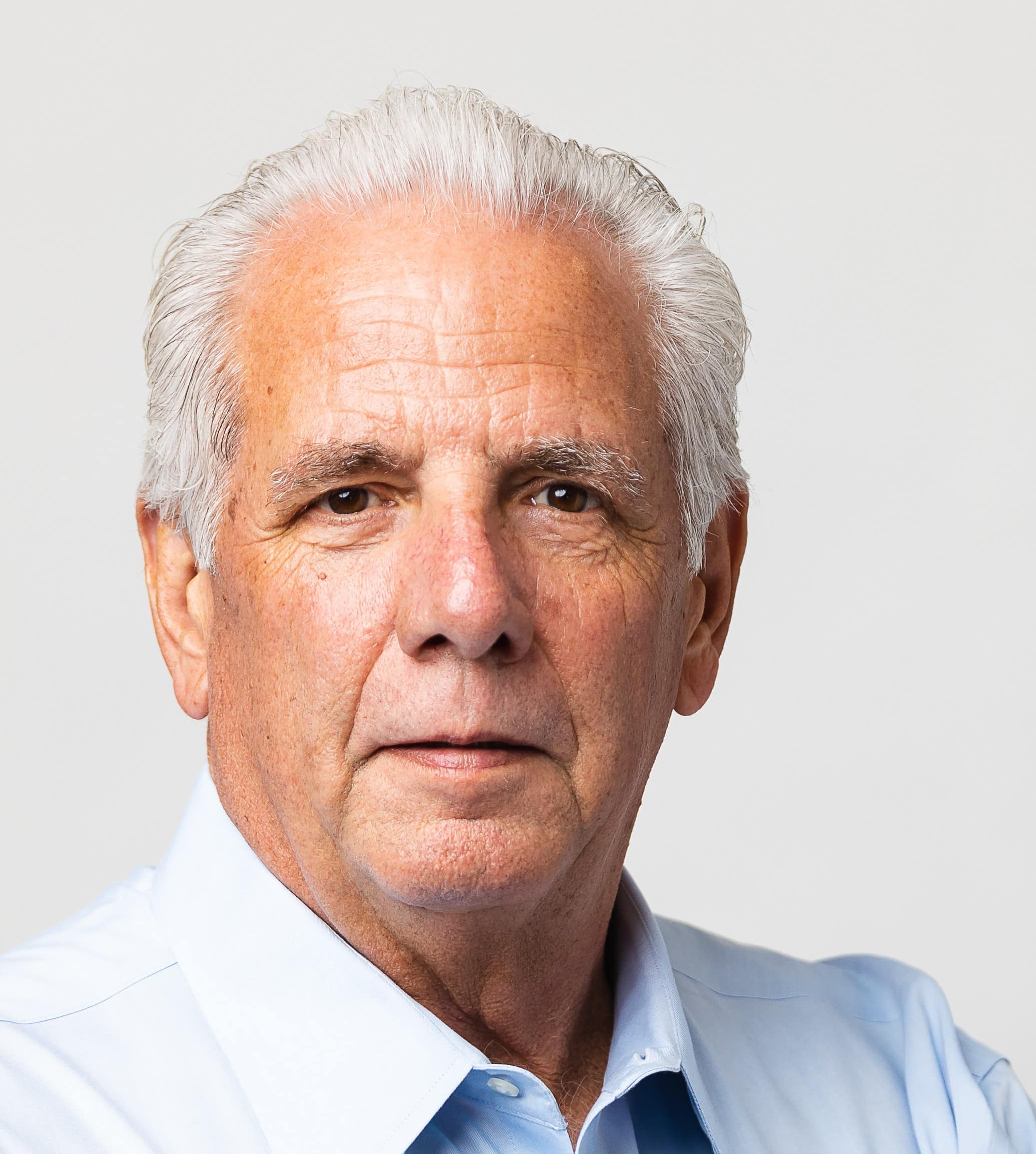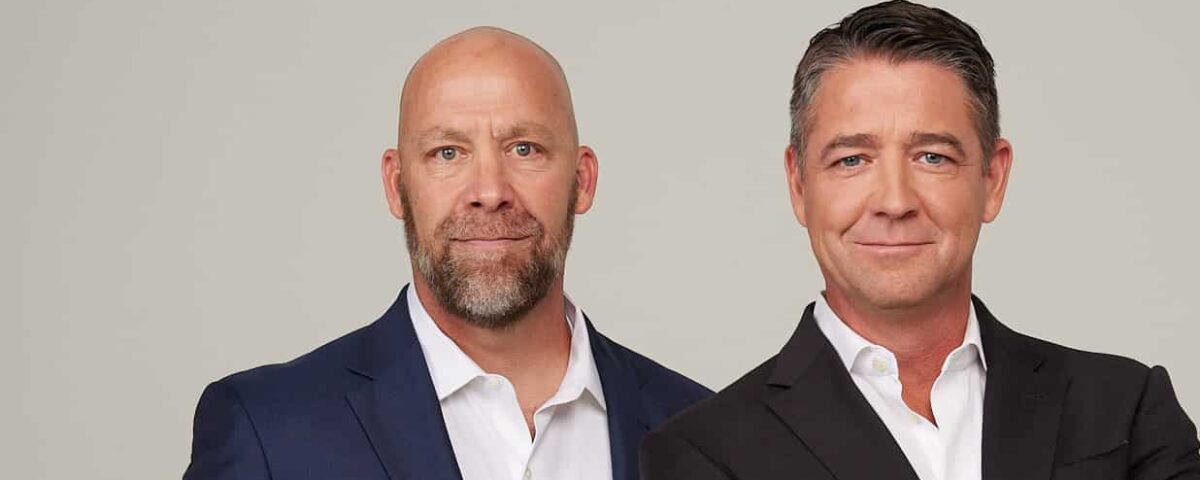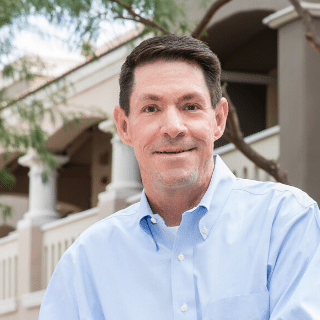
How a construction-products distributor achieved his dream exit
May 25, 202310 shows tech startup enthusiasts must watch
June 1, 2023By Verne Harnish
When Danny Daniel was three years old, his father was killed by a drunk driver while commuting home from work as an air traffic controller in Houston to the family’s farm in Huntsville, Texas.
The pain of his family’s loss prompted Daniel to focus on personal injury law years later when he attended Texas Tech University School of Law. Eager to blaze his own path, he teamed up with his friend Jonathan Stark to start Daniel Stark Law, a two-man practice in a tiny office in Dallas-Ft. Worth, Texas, in 2000, one month after getting his law license. “Our purpose is to keep people from being screwed by big insurance,” says Daniel. However, they had not learned how to run a business in law school, so they had to pick up that knowledge as they went along.
Since then, the firm has grown to 147 employees, including 35 attorneys and 51 paralegals, who are now spread out among six offices in Texas. Meanwhile, the co-founders built Legal Monkeys, an automated record collection company they started in 2008 to 100 employees, selling it in 2010.
What allowed them to achieve these results, Daniel says, was applying the principles from Mastering the Rockefeller Habits and Scaling Up: Rockefeller Habits 2.0. They discovered the first book in 2008 through Arnie Malham, a friend who owns an ad agency, and learned how to apply the principles from Scaling Up Certified Coach Andy Bailey. When Scaling Up came out in 2014, they embraced its teachings, too. By implementing what they learned, they nearly doubled the firm’s revenue per attorney while also growing top line gross revenues by 966% as the firm went from from $3 million in 2008 with about six attorneys ($500,000 per attorney) to more than $32 million in 2022 with 35 attorneys ($914,000 per attorney).
Applying what they learned has allowed them to consistently, predictably and reliably get the work of the firm done while focusing on growth. Here is how he and Stark pulled it off, focusing on the 4 Decisions every business must get right to scale: People, Strategy, Execution and Cash.
Building a team that attracts more ‘A’ players
One critical foundation for scaling Daniel Stark Law was attracting the highest-quality talent they could. Daniel and his team embraced the Topgrading system, a rigorous approach to finding and vetting potential staffers that Bradford Smart describes in his book by the same name. Using Topgrading is part of Scaling Up.
Daniel leaned heavily on Topgrading techniques for conducting a job interview. Based on the premise that past performance predicts future results, Topgrading interview questions delve into the specific contributions candidates made to their last employers in a very detailed way. Using them helped in “getting the right people on the bus”—both lawyers and paraprofessionals and support staff, Daniel says.
With a thriving culture and deep bench of talent, the firm now finds it easy to attract great team members for both attorney roles and support positions. “If we put an ad out we get a lot of responses,” says Daniel. “It’s very nice.”
Embracing Strategy
Working with their coach, Daniel and Stark completed the One-Page Strategic Plan to set the firm’s direction. “From the beginning,” says Daniel, the goal was twofold: We wanted to be a large firm handling a high volume of cases while simultaneously obtaining high values through litigation; and we wanted to build a firm with a drama-free culture of driven individuals who inspire each other to become our best.”
In completing the One-Page Strategic Plan, the company set a Big Hairy Audacious Goal (BHAG) that is guiding its growth: To have the most million-dollar verdicts in the state of Texas within 10 years. To make sure goals like this cascade down through the firm, the leadership team does a state-of-the-union-style planning meeting with its entire team each quarter. This effort is already picking up traction, with a $41 million verdict and $1.6 million verdict in May 2023.
To support its BHAG, the company set Core Values that guided the team’s daily decisions “Work hard, play hard,” “Arms out, thumbs up,” “Do it all, do it right, do it now,” and “Be remarkable.” It lives these values. Since 2012, it has taken its team on trips to locales such as the Bahamas, Breckenridge, Cancun and Hawaii “to play hard as a team,” says Daniel.
The firm now holds a two-day annual executive planning session, along with quarterly planning sessions, with its leadership team. Every quarter, they come up with three to five priorities, or “rocks.” The firm has set priorities around having a specific percentage of case plans from each lawyer and client acquisition. Sometimes, the priorities are around specific actions, such as having 40 jury trials in 2023. “We schedule the priorities early in the year to make sure we have them on the calendar,” says Daniel.
Prioritizing execution
Strategy won’t help a firm grow if it gets lost in the day-to-day hustle of running a law firm. Aware of this, the partners assigned members of the executive team the responsibility to push the business forward by putting standard operating procedures in place and using formal systems to track each team member’s performance. “Each executive works with their team members to create individual priorities,” says Daniel. “They align these with the priorities of the firm.”
A big part of Execution is changing the mindset of the law firm’s owners. “It’s called the practice of law for a reason,” says Daniel. “Lawyers are practitioners. You have to practice this craft. Because of that, it’s pretty common for law firm owners to be busy within the practice of law and not treat it like a business. That was the real draw to Scaling Up—to have a practical outline of a process to follow. Lawyers need to consider that if they want to grow a law firm, they need to look at it as a business—one bound by the rules of practice, fee sharing and advertising. We have to operate as a business to scale and grow.”
Investing Cash in growth
With the firm growing rapidly, it now has offices in Austin, Bryan, Killeen, South Austin, Waco and Tyler, Texas. Although many team members worked from home during the pandemic, many are coming back to the office now. “One of our priorities has been to have first-class offices in each location, so we can have a place for professionals to work when they want to be in the office,” says Daniel.
Ultimately, Daniel wants to make sure the firm is well poised to do a potential acquisition of another firm, building on its organic growth. “You don’t want to be the little lumberyard that is swallowed by Home Depot,” he says.


